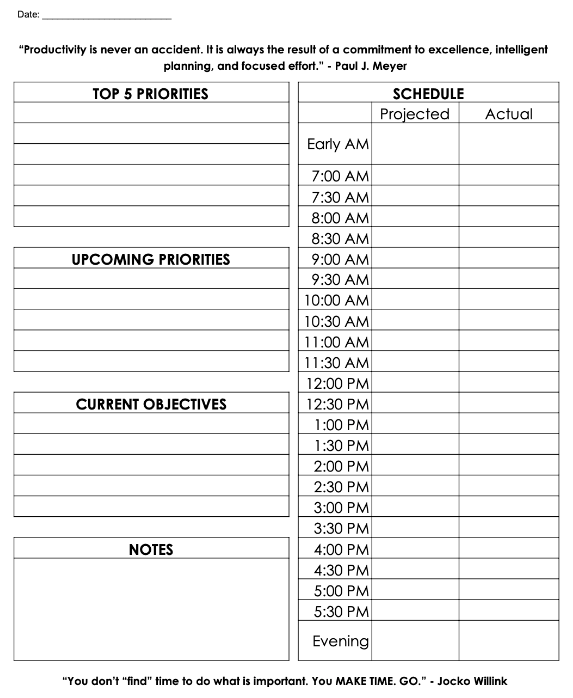IMPRESS OR IMPROVE?

DRESS TO IMPRESS
How many times have you heard, “Don’t judge a book by it’s cover.” Or now that you’re a grown-up, “Make sure you dress to impress!” While these simple little sayings are common in our everyday vernacular, they likely hold little merit in a person’s top-of-mind decision-making process.
If most of us are being honest, it is not hard to revert back to making assumptions about someone or something based on how they look or act. However, instead of looking at someone, determining how you want to interact with them, and then acting accordingly. What if you were more focused on being helpful?
CONTINUOUS IMPROVEMENT
What if, as a society or work culture, we were more focused on improving each other!? To be clear, I am NOT highlighting that one should go around as if they were the doctor with a prescription pad prescribing how everyone should think or act. But I am very much suggesting that people move away from attempting to impress and instead repurpose their energy into improving them.
Let’s refresh ourselves on what exactly “improvement” is…
im·prove·ment| imˈpro͞ovmənt | noun
• an example or instance of improving or being improved.
• the action of improving or being improved.
• a thing that makes something better or is better than something else.
In short, focusing on improving others, whether personally or professionally, comes down to leaving something or someone better than when you first got to the scene. And to use a personal example, sometimes my best form of “continuous improvement” whether with my business partner, my spouse, my kids, friends, neighbors, etc. is me simply LISTENING. A novel idea isn’t it!?
Many times listening is the most helpful way that I can improve people. Counterintuitive, I know, but the more you think about it, the more that notion rings true.
Think about improving our respective workplaces (especially since many of us are in our homes), communities, and relationships and how life would be more enjoyable and fun if we begin focusing more on this adaptation to continuous improvement. Let’s stop trying to impress one another and instead improve one another.
IN SUM
Now is where I will practice what I preach. If you do not have a proven method for getting things done, below is a game changer of a tool, if you use it that is! This tool will help you improve your daily satisfaction and productivity.
This tool is called the “Fourteen-Forty Framework.” You might be thinking, “Fourteen-Forty Framework!? That seems odd and a random title for a tool." Yes, except, how much time do you have on any given day? You have exactly 1,440 minutes.
This framework is a lot like bowling with bumpers. It ensures that you keep the big picture in mind while you work through your daily roles and responsibilities.
HERE’S A SNAPSHOT OF THE EXERCISE
Please feel free to share with friends and family while you create new muscle memory focused on improving others lives, which will surely make you impressive.
Pulling for you!
Alan Andersen



